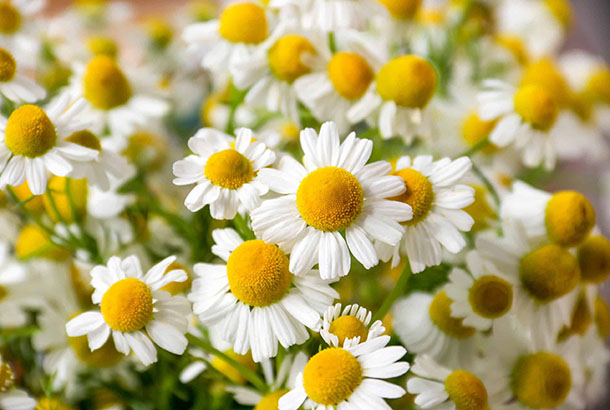
What are the unani benefits, side effects and dosage of Chamomile?
Chamomile is an herb that has been used for centuries in traditional Unani medicine for its various health benefits. It is commonly consumed as a tea or used topically as an essential oil. Below is the information you requested presented in tabular form:
Benefits of Chamomile in Unani Medicine
- Relaxation and Stress Relief: Chamomile is known for its calming properties, helping to reduce anxiety and promote relaxation.
- Digestive Health: It can help soothe gastrointestinal disturbances, such as indigestion, bloating, and stomach cramps.
- Sleep Aid: Chamomile is often used as a natural remedy for insomnia and improving sleep quality.
- Anti-inflammatory Effects: It may help reduce inflammation and relieve symptoms associated with inflammatory conditions, such as arthritis.
- Skin Health: Chamomile has soothing and anti-irritant properties that can benefit various skin conditions, including eczema and dermatitis.
Side Effects of Chamomile
Chamomile is generally considered safe for most people when consumed in moderation. However, some individuals may experience allergic reactions, especially if they have a known allergy to plants in the daisy family. If you are allergic to ragweed, chrysanthemums, marigolds, or other related plants, it’s advisable to avoid chamomile. Additionally, chamomile may interact with certain medications, so it’s important to consult with a healthcare professional if you are taking any prescription drugs.
Dosage of Chamomile
The appropriate dosage of chamomile can vary depending on the form of the product and the individual. Here are some general guidelines:
– Chamomile Tea: Steep 2-3 grams (1-2 teaspoons) of dried chamomile flowers in hot water for 10-15 minutes. Drink up to three cups per day.
– Chamomile Essential Oil: Use 2-3 drops of diluted chamomile essential oil for topical application. Always dilute essential oils with a carrier oil before use.
Ingredients and Composition of Chamomile
Chamomile flowers contain various active compounds, including:
– Bisabolol
– Matricin
– Chamazulene
– Apigenin
– Flavonoids
– Coumarins
– Terpenoids
– Volatile oils
Please note that the composition of chamomile may vary slightly depending on the specific variety and growing conditions. It’s important to remember that while chamomile has a long history of use in traditional medicine, individual results may vary. It’s always best to consult with a healthcare professional or a qualified Unani practitioner before starting any new herbal treatment.

Leave a Reply